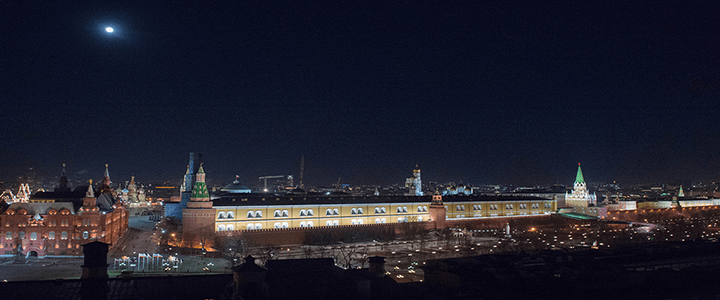Back in 2001, a good while after we quit worrying about Russian BTRs, BMPs, NBC and orders of battle, we were feverishly searching for books by Lester Grau, Research Coordinator for the Foreign Military Studies Office (FMSO) at Fort Leavenworth, Kansas. The Bear Went Over the Mountain: Soviet Combat Tactics in Afghanistan and The Other Side of the Mountain: Mujahideen Tactics in the Soviet-Afghan War were more than just Officer Professional Development books we never read (though discussed as if we did). These two books offered an invaluable introduction to the way of war, environment and culture that (certainly with U.S. support) brought Russia to its knees. Russia’s back. And with our country once again squarely focused on Eastern Europe, it’s time to dive into Grau’s latest contribution, The Russian Way of War: Force Structure, Tactics, and Modernization of the Russian Ground Forces.
russia and the west
If you’ve been watching CSPAN lately, you’ve heard a lot of people working to untangle exactly what Russia might be up to in regards to western elections. If you missed last Wednesday’s Senate Judiciary Subcommittee on Crime and Terrorism hearing “The Modus Operandi and Toolbox of Russia and Other Autocracies for Undermining Democracies Throughout the World,” it’s worth listening to. In the course of the more than two-hour refreshingly bipartisan discussion, Senator Al Franken advised all Americans to read The Kremlin Playbook: Understanding Russian Influence in Central and Eastern Europe. “Get this book, Americans, because it tells you how this works,” he said, “when their web of influence is so complex that it obscures activities.”
A FRESH look at an old enemy
About the same time CSIS was researching and writing The Kremlin Playbook, Lester Grau and Charles Bartles were composing their counterstrike. Grau and Bartles favor a much more traditional approach to understand Russia and its 21st century way of war, and they pretty much sideline efforts to over-complicate exactly what Russia’s up to now, which is how some traditionalists might interpret The Playbook. “Although we do not condone Russia’s actions,” Grau and Bartles write, “we do not believe these actions are part of any nefarious Russian plot to wage war against NATO and the U.S. in a new way.” They continue, “Rather, Russia’s actions are a continuation of past Russian and Soviet policies of achieving national objectives in the context of the current operational environment.” Grau and Bartles rely on old models—old does not necessarily mean irrelevant—to interpret Russia’s strategy. They interpret the principles of New Generation Warfare Doctrine—political subversion, proxy sanctuary, intervention, coercive deterrence, negotiated manipulation—as nothing more asymmetric than Russia’s interpretation of the elements of state power.
Grau and Bartles boldly go so far as to assert, “Instead of considering how to deter undesired Russian activities in its periphery, we are thinking about how to deter and combat Russian ‘hybrid war,’ ‘New Generation Warfare,’ and ‘Strategic Ambiguity.’ In sum, the wide scale misunderstanding and/or misapplication of terms such as ‘hybrid war’ or ‘Russian New Generation Warfare’ illustrates the need for good research and scholarship to ensure that future misunderstandings of this type are less frequent.”
It stands to reason that, in Grau and Bartles view, The Russian Way of War is that “good research and scholarship.” As Top Gun Cmdr. Mike “Viper” Metcalf said of Maverick, “That’s pretty arrogant, considering the company you’re in. . . . I like that in a [scholar].”




